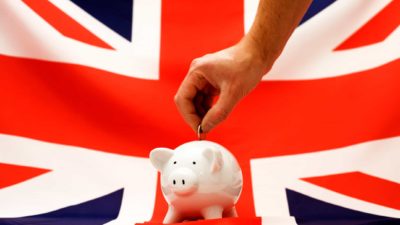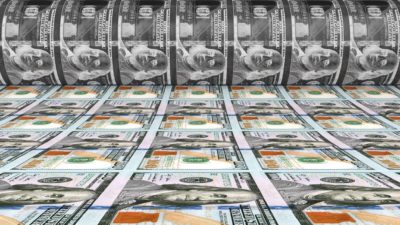Robinhood Markets Inc (NASDAQ: HOOD) officially listed on the Nasdaq overnight. The debut was one of the most anticipated of the year. It follows a major uptick in the platform's popularity following the 2020 stock market crash.
The US-based commission-free trading app was confronted with a bleak first day of public trading. Shares in the company fell 8.37% to US$34.82 after the initial public offering (IPO) had raised close to US$2 billion at US$38 apiece.
Let's take a closer look.
Leading up to IPO
Since rising to prominence during the COVID-19 crash and ensuing short squeezes, Robinhood has been shrouded in controversy. The number of funded accounts on the platform has skyrocketed to 22.5 million as of the second quarter – more than triple the number from Q1 2020.
As account numbers soar, so has revenue for the company. According to its prospectus, Robinhood estimates second-quarter revenue of US$546 to US$574 million. At the lower end that would suggest a 124% rise.
Part of this revenue has been a point of controversy for the trading app company. As revealed in its prospectus, Robinhood generated US$331 million in revenue from payment for order flow (PFOF).
Put simply, PFOF is the compensation a market maker will give to a broker when the broker sends the order to them. While this is not illegal by any means, the company was fined US$1.25 million in December 2019 by the Financial Industry Regulatory Authority (FINRA) for failing to ensure its customers received the best price for orders.
Robinhood's rocky track record
Additionally, Robinhood was sued in a class-action lawsuit a year later for failing to disclose that PFOF made up a substantial part of its revenue.
Given these events, investors and customers have wondered whether the "investing for everyone" ethos of Robinhood still rings true – ironic when the tale of Robin Hood was to steal from the rich and give to the poor.
What else?
There are risks associated with the PFOF revenue model for Robinhood. Currently the Securities Exchange Commission chair Gary Gensler is reviewing PFOF. Likewise, the prospectus outlines regulatory interventions as a risk to revenue growth for the company.
Furthermore, CNN yesterday reported regulators have launched an investigation in CEO Vlad Tenev's lack of a FINRA issued license.
Lastly, Robinhood is valued at a market capitalisation of US$29.32 billion based on its share price.







